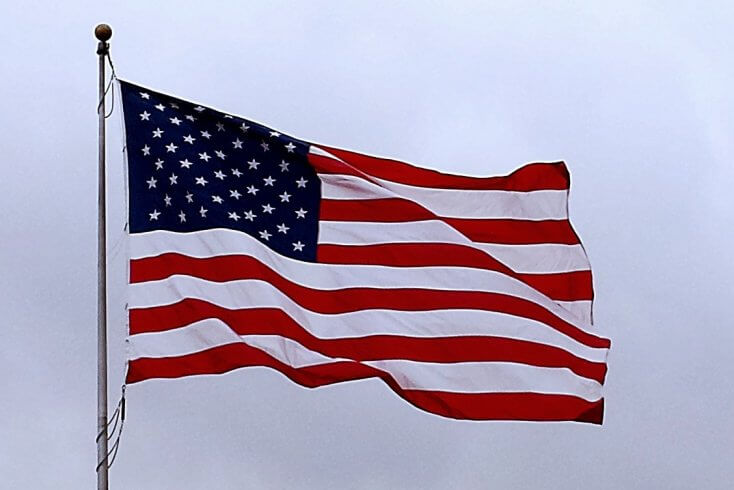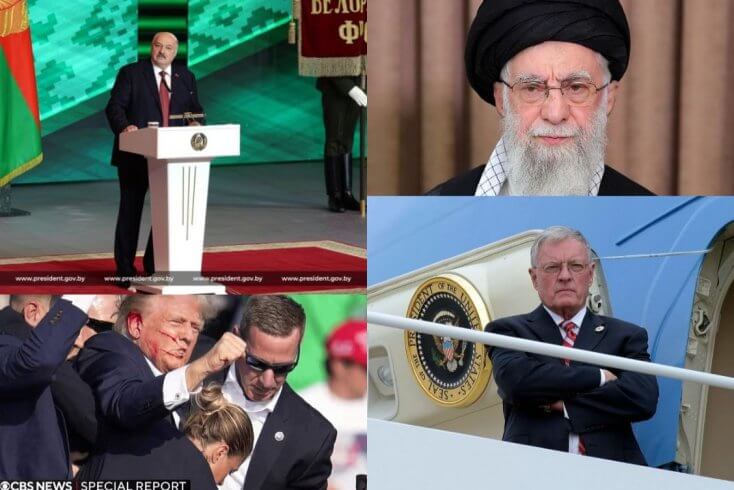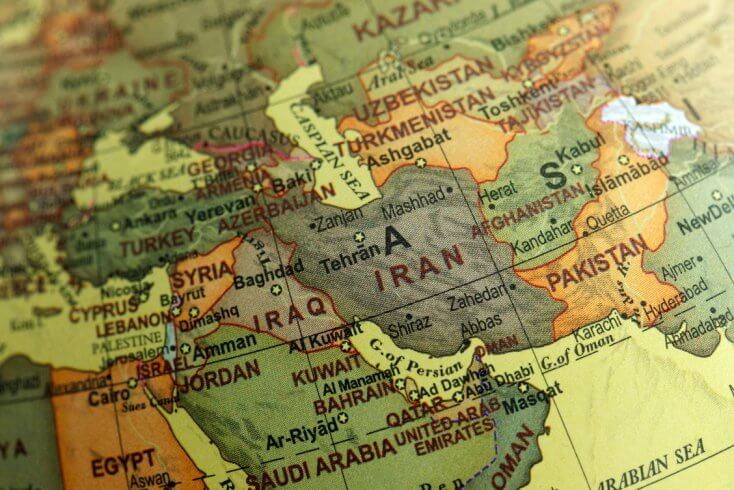Belarus’ projects with Venezuela and Iran have failed because officials relied on politically motivated agreements and personal ties rather than focused on tangible benefits or commercial considerations.
Cooperation on hold
Iranian First Vice President Mohammad Mokhber and Venezuelan Foreign Minister Ivan Gil Pinto visited Minsk on October 17 to meet with Alaksandar Łukašenka and other senior officials.
At the meeting with the Venezuelan foreign minister, the Belarusian leader said: “Interaction between the countries has come to a standstill. We need to review all the areas and issues of cooperation, that we have identified since the time of Hugo Chavez.” Ivan Gil Pinto, in his turn, noted: “We have agreed to reset relations with Belarus in the economic and industrial spheres.”
Revision and reset are usually necessary after something has failed. That was the case with both Venezuela and Iran.
Łukašenka’s business idea was to scam international pariahs – countries at odds with the United States, using anti-imperialist sentiment and surviving on oil sales. Iran and Venezuela have generously aided ideologically close regimes and political movements, and Minsk expected just that.
Officials exchanged visits, declared their political support for each other, talked about creating an “anti-American axis” and elaborated joint economic projects. However, these projects were based on political agreements and Łukašenka’s personal ties with the Venezuelan President Hugo Chavez and Iranian President Mahmoud Ahmadinejad rather than on economic interests or business considerations. Economic cooperation was tailored to advance political goals, while commercial feasibility was overlooked.
Government officials and business leaders simply followed the instructions of the heads of state instead of calculating the economic benefits.
Somebody has to pay for friendship
The joint projects were accompanied by propaganda campaigns. That was particularly evident in Belarus’ ties with Venezuela.
Łukašenka and Chavez could not stop praising each other as “brothers in spirit.” The presidents of Venezuela have visited Belarus seven times (five times Chavez and twice Nicolas Maduro). The Belarusian leader made four visits to Caracas, paying the last one in 2013 to attend the funeral of his friend Chavez.
Officials boasted of the huge potential for bilateral cooperation. State-controlled media provided propaganda support. Pro-government political analysts described Venezuela as a gateway to Latin American markets.
The culmination was a bizarre initiative to supply Venezuelan oil to Belarus, which experts dismissed as nothing more than commercial nonsense.
After a while it became clear that someone had to pay for the friendship. As the partners started counting the money, it turned out that the politically motivated agreements had no real economic basis.
A sharp fall in trade with Venezuela followed the collapse of the Venezuelan economy and government. The whole thing was one big bubble that finally burst.
Since economic relations were largely based on barter trade, the parties are now trying to figure out who owes what. According to experts, Venezuela owes Belarus about $500 million. Belarus, for its turn, owes $1.5 billion for the delivered oil.
Trade between Belarus and Venezuela fell from $1.3 billion in 2010-2011 to $0.43 million in 2019.
Fellow victims of sanctions
Belarusian-Iranian relations have undergone a similar crisis. Several joint projects have failed. First, we witnessed the closure of a Samand assembly plant near Minsk amid poor demand. Joint oil production in the Iranian Jofeir oil field, as well as plans to build a residential complex, a hotel and a multifunctional complex in Minsk have also fallen through.
Trade between Belarus and Iran fell to $20 million by 2020, but increased to $100 million in 2022.
The rise was partly due to the fact that Belarus and Iran are essentially Russia’s military allies in the war against Ukraine. In particular, the Russian army extensively uses Iranian-made drones. Moreover, Belarus, Russia and Iran cooperate to circumvent Western sanctions.
Iran was the only country to support the Hamas attack on Israel. Minsk and Moscow are officially neutral on the Middle East conflict. During the visit of Iranian Vice President Mokhber, Minsk seemed to avoid the topic.
Iran and Venezuela are illustrative examples of Belarus’ foreign policy failures.



